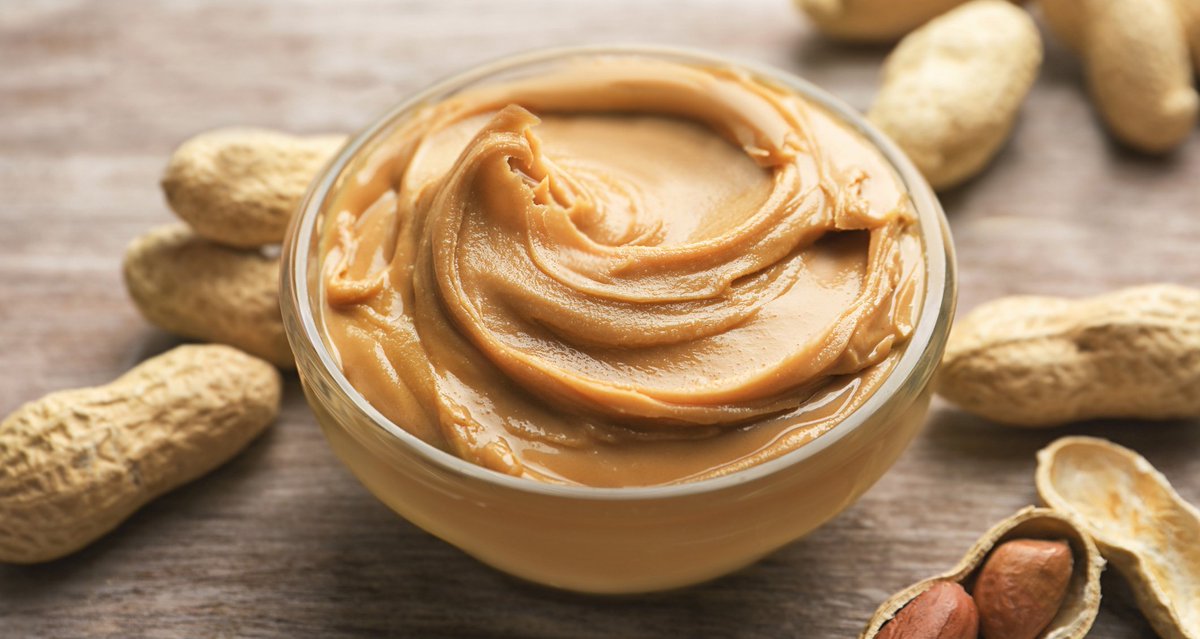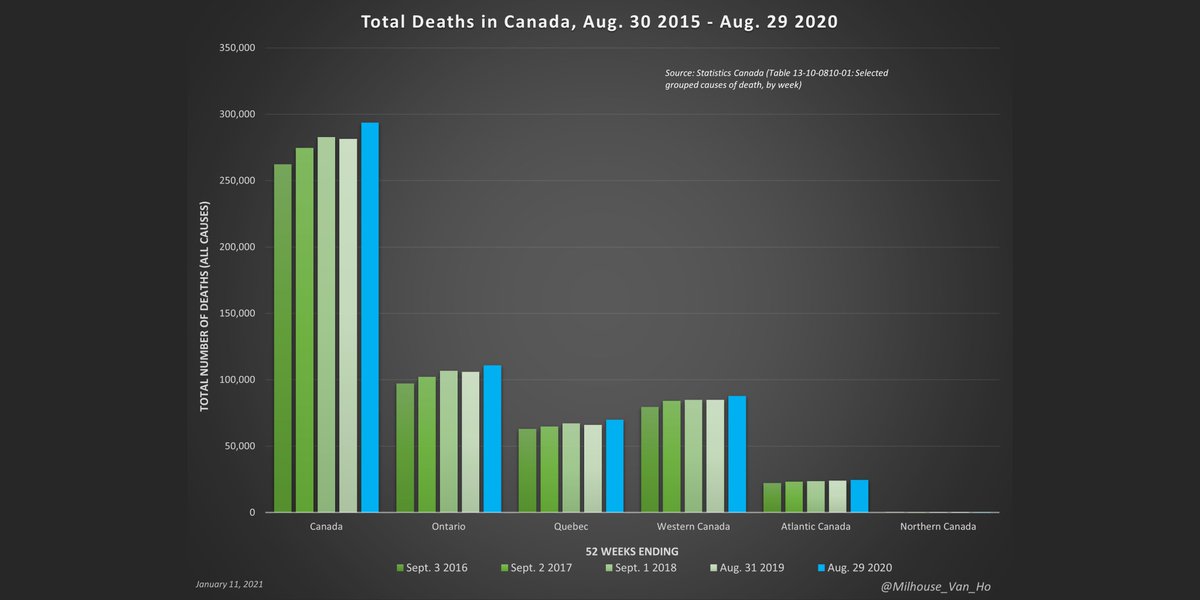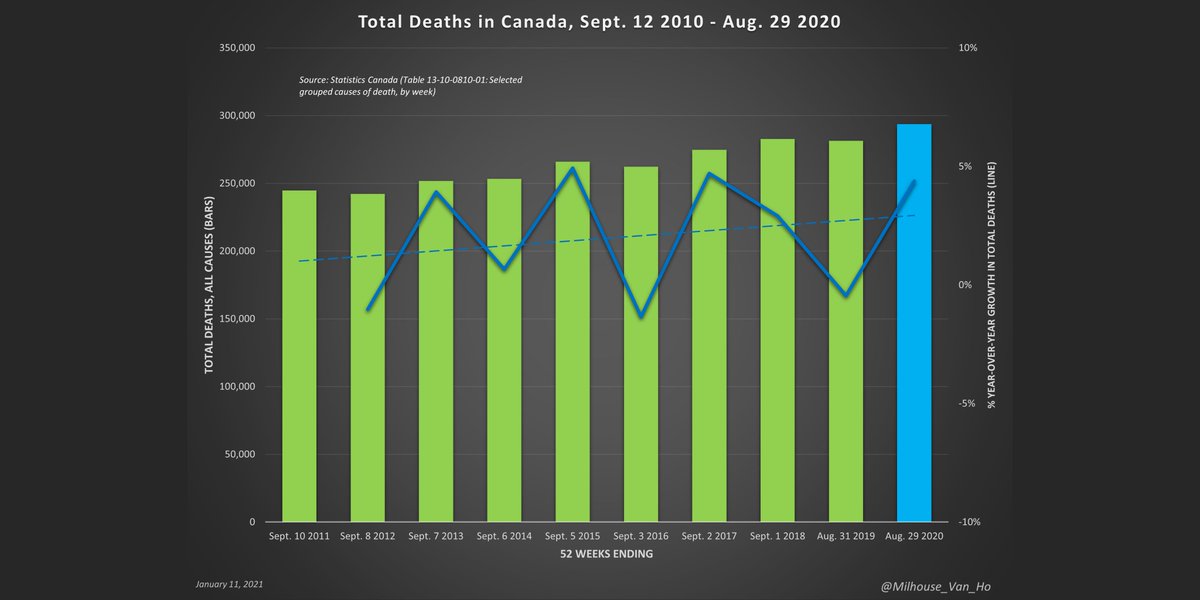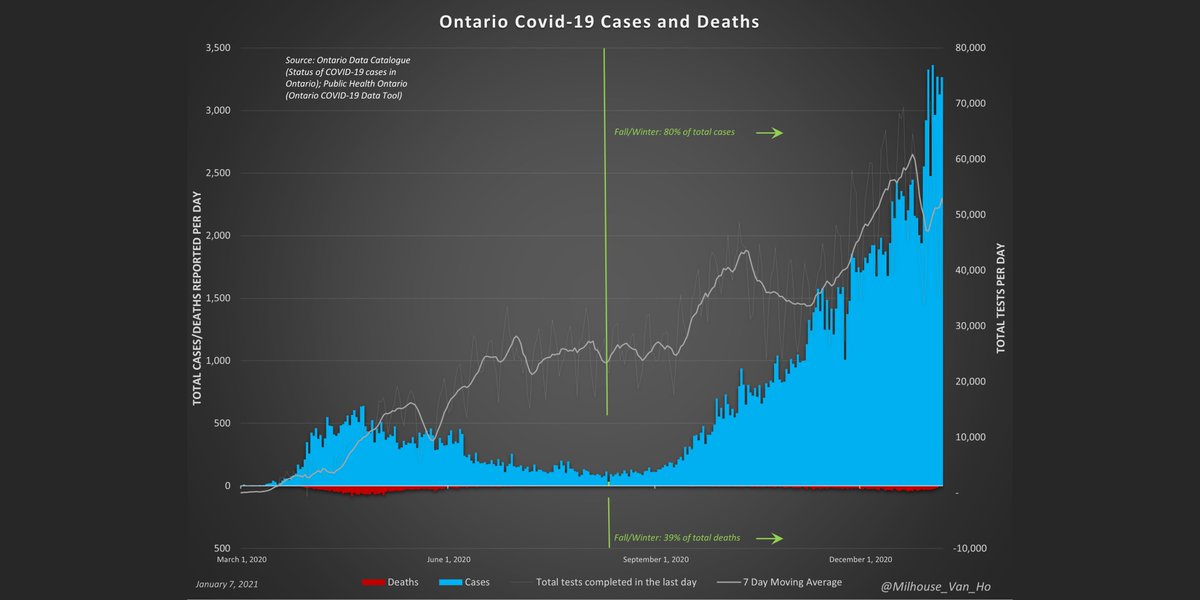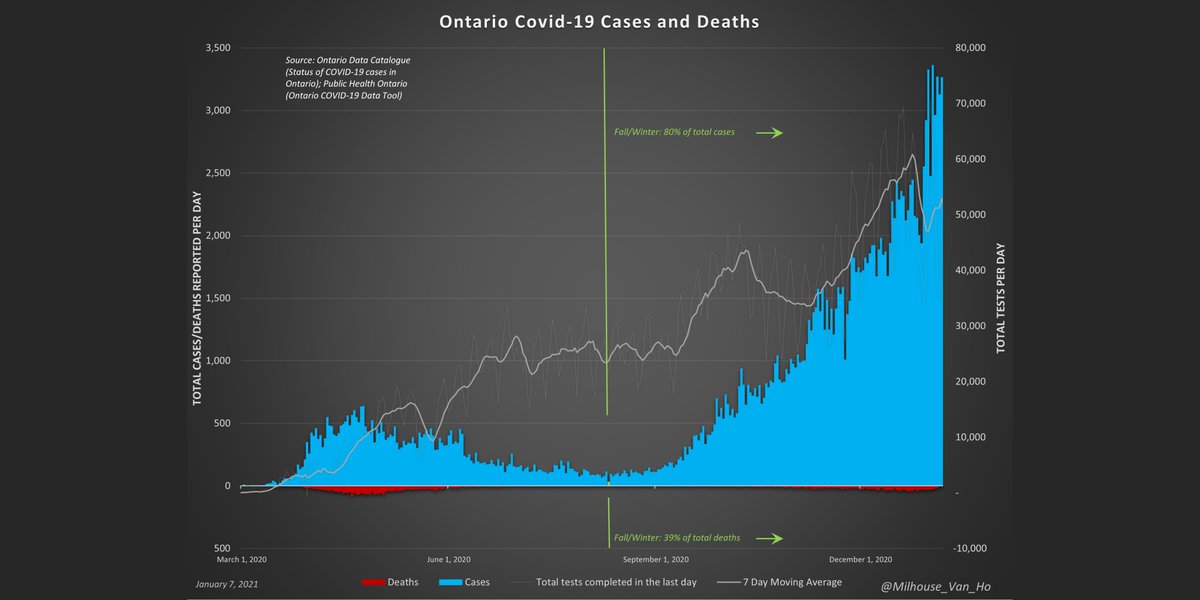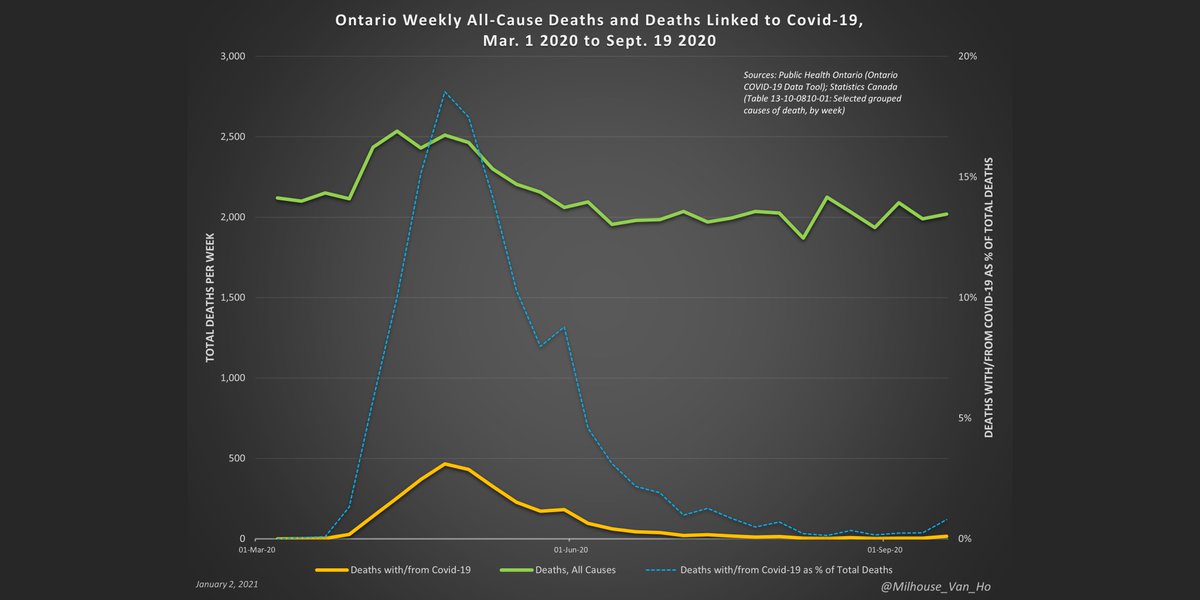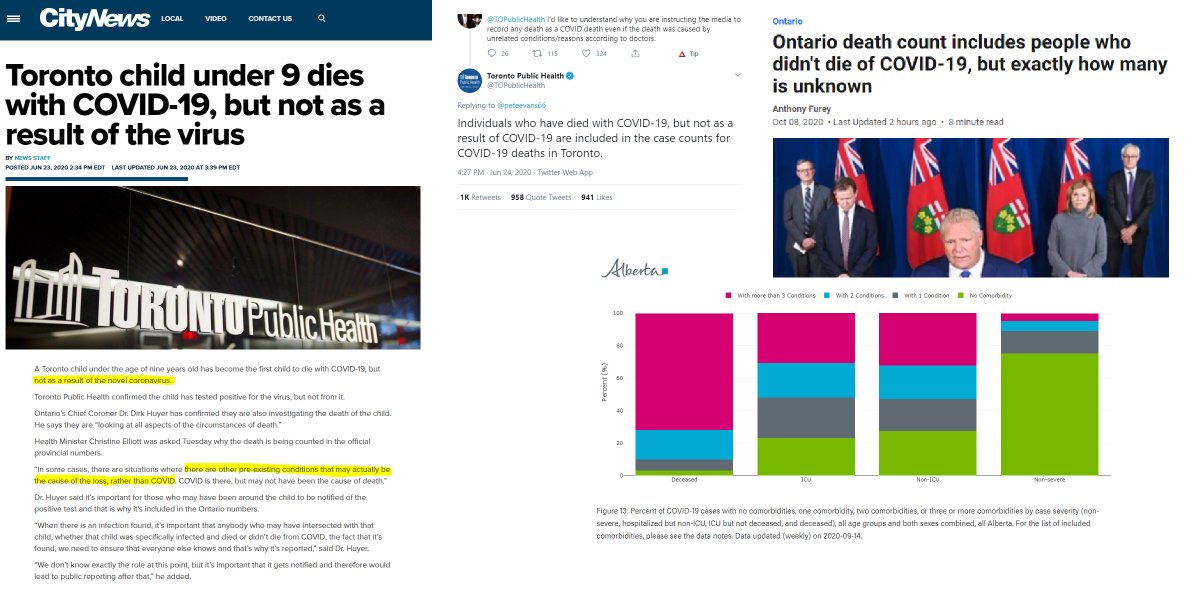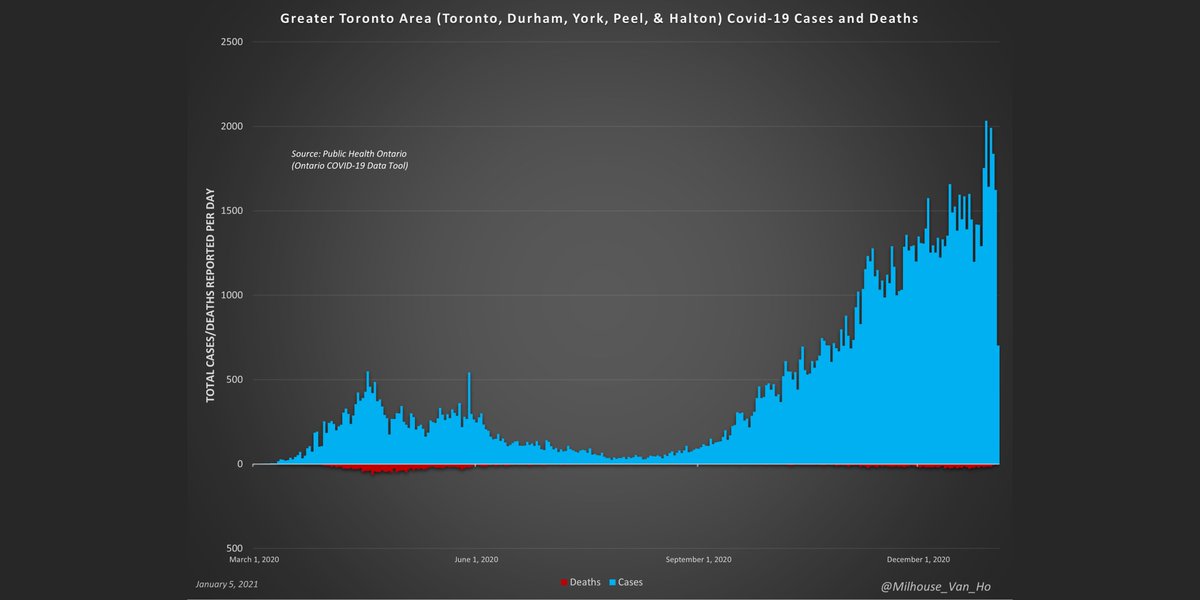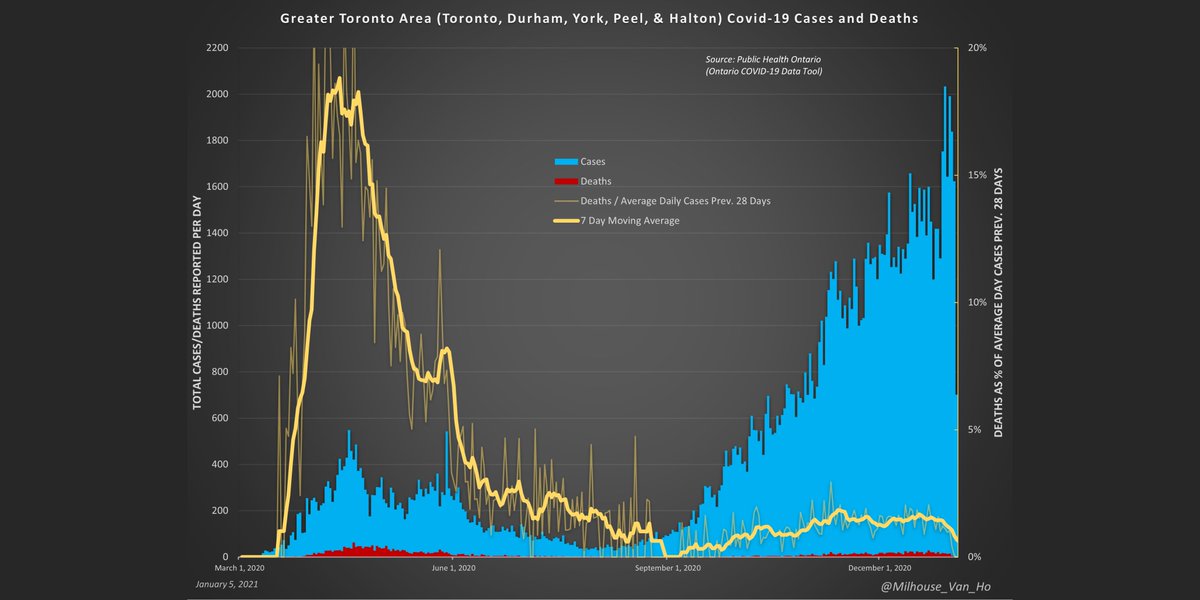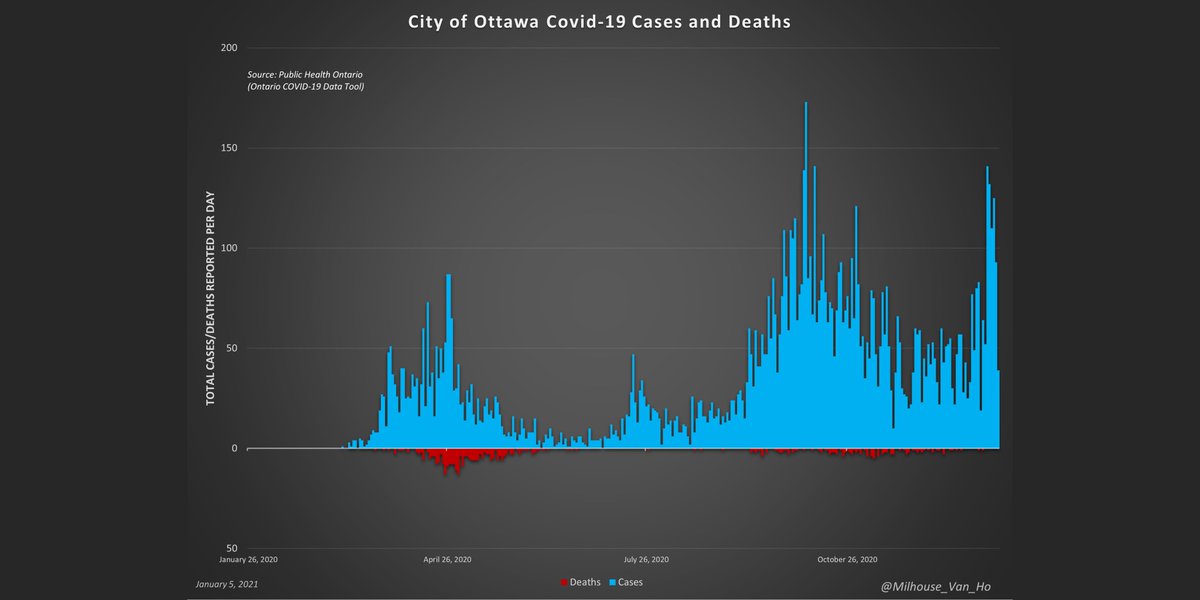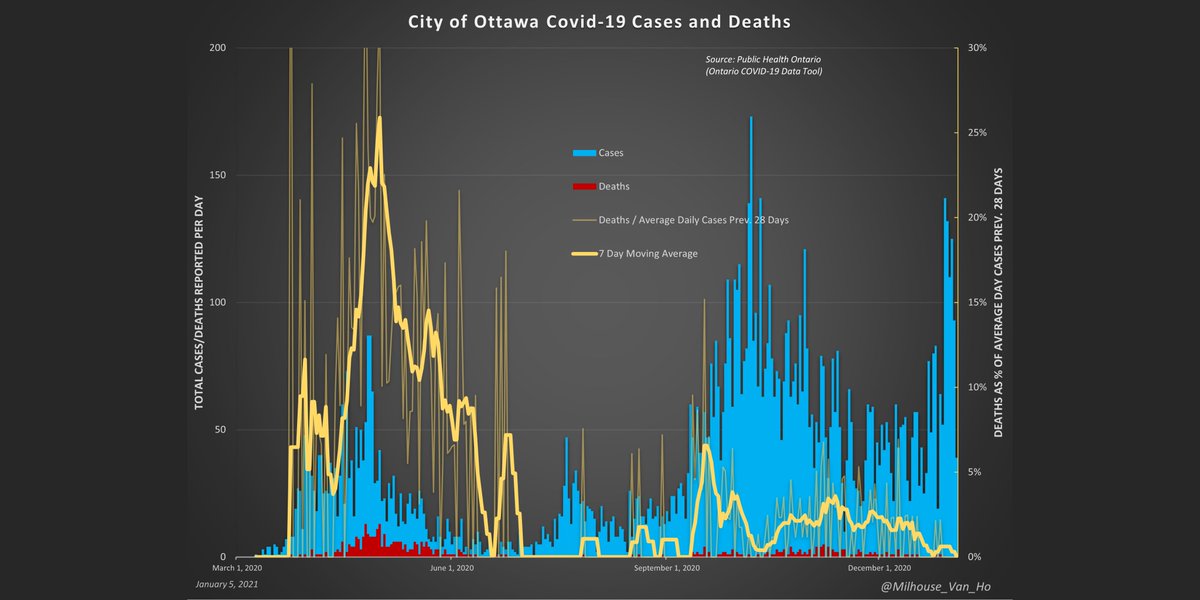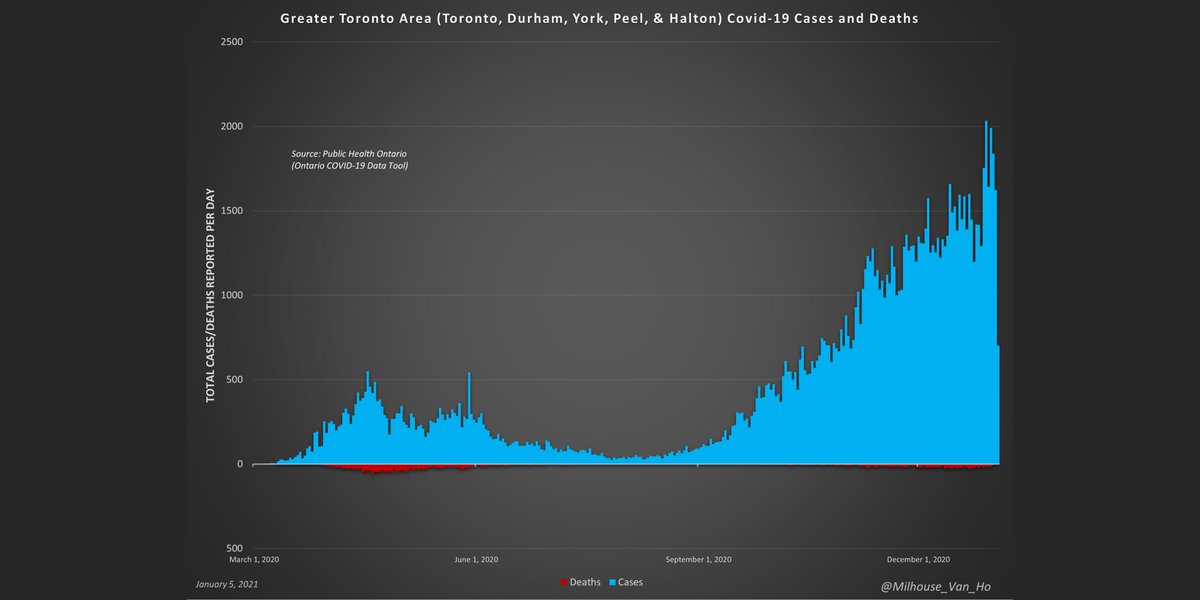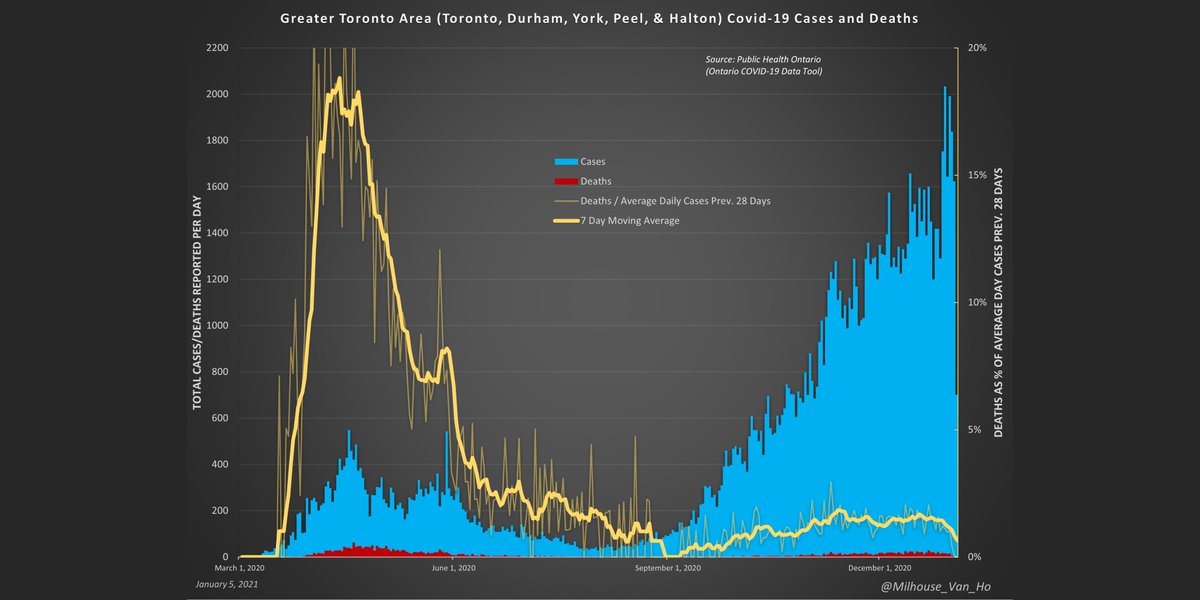
Peanut allergies were rare among American children up until the mid-1990s, when only four out of a thousand children under the age of eight had such an allergy. But by 2008, the rate had more than tripled, to fourteen out of a thousand.
No one knew why kids were becoming more allergic to peanuts. But the response was natural and seemingly rational: kids are vulnerable so keep them away from peanuts, peanut products, and anything that has been in contact with nuts of any kind. 
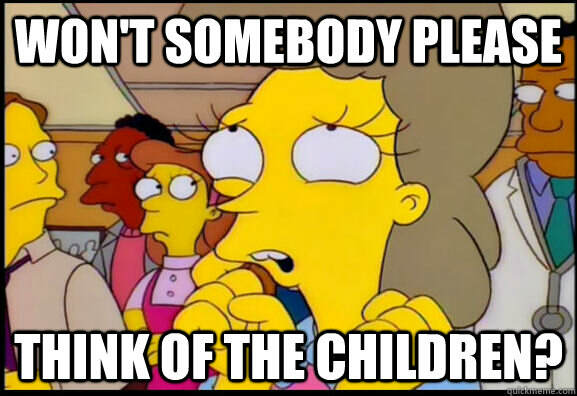
But there was a severe and negative unintended consequence of this action, which was guided by the best intentions.
Researchers behind the authoritative LEAP study published in 2015 told half of participating parents to follow the standard advice for high-risk kids, which was to avoid all exposure to peanuts and peanut products.
The other half were given a supply of a snack made from peanut butter and puffed corn and were told to give some to their child at least three times a week.
Among the children who had been “protected” from peanuts, 17% had developed a peanut allergy.
In the group that had been deliberately exposed to peanut products, only 3% had developed an allergy.
In the group that had been deliberately exposed to peanut products, only 3% had developed an allergy.
One of the researchers: “For decades allergists have been recommending that young infants avoid consuming allergenic foods such as peanut to prevent food allergies. ... this advice was incorrect and may have contributed to the rise in the peanut and other food allergies.”
Awkward.
So what does this have to do with lockdowns?
Unintended consequences.
So what does this have to do with lockdowns?
Unintended consequences.
Dr. John Lee: "If lockdown is working, and stopping the spread of the virus, it might be reducing the circulation of milder versions among the population, while at the same time concentrating people with the most severe disease in hospital wards."
spectator.co.uk/article/covids…
spectator.co.uk/article/covids…
"might the lockdown be causing more harm than good — in this way as well as many others? Are our actions really helping overall? Or are they opposing a helpful evolutionary tendency of the virus, as well as economically hindering our ability to deal with it?"
The mental health implications of lockdown are obvious to but not fully appreciated. They should be.
nationalpost.com/news/canada/sh…
nationalpost.com/news/canada/sh…
By enacting lockdowns we are sacrificing the young in a vain and misguided attempt to save the elderly. We could do both but are doing neither.
aier.org/article/lockdo…
aier.org/article/lockdo…
Suicides and overdose deaths seem to be positively correlated with lockdown.
nypost.com/2020/12/18/us-…
nypost.com/2020/12/18/us-…
It's ok to change your mind. Lockdown may have seemed like the ethical option months ago, but the data doesn't back it up.
Consider Dr. Ari Joffe, who has written a paper that finds the harms of lockdowns are 10 times greater than their benefits.
torontosun.com/opinion/column…
Consider Dr. Ari Joffe, who has written a paper that finds the harms of lockdowns are 10 times greater than their benefits.
torontosun.com/opinion/column…
Isolating ourselves from each other is much like isolating children from peanuts. It may feel like the right thing to do but that doesn't mean it is.
Sometimes the wisest thing to do is change your mind.
Sometimes the wisest thing to do is change your mind.
Dr. Sunetra Gupta: "...not only is it a good thing for young people to go out there and become immune, but that is almost their duty. It’s a way of living with this virus. It’s how we live with other viruses.
reaction.life/we-may-already…
reaction.life/we-may-already…
Full credit to Greg Lukianoff and Jonathan Haidt for the peanut allergy story.
thecoddling.com/chapter-1-anti…
thecoddling.com/chapter-1-anti…
• • •
Missing some Tweet in this thread? You can try to
force a refresh
